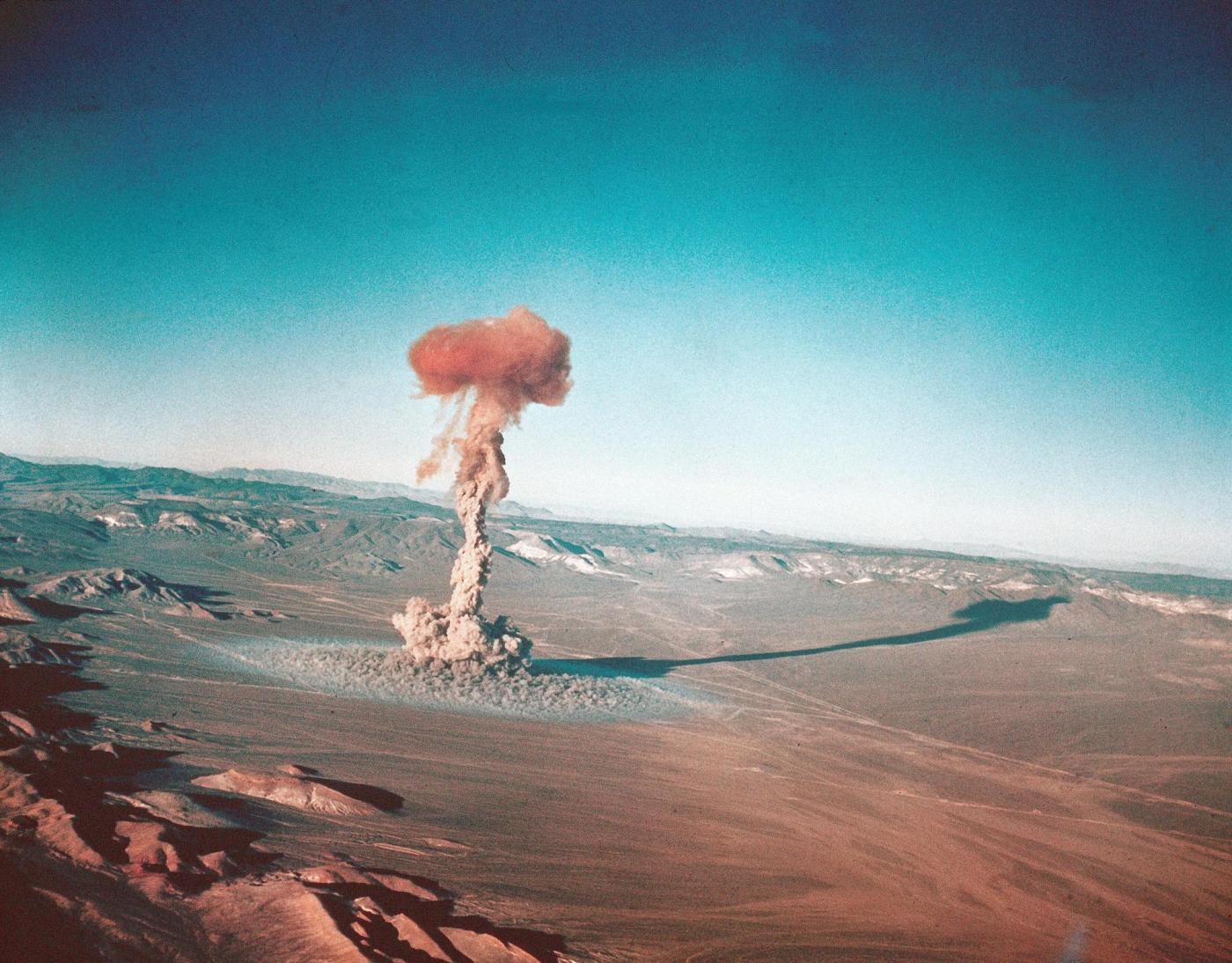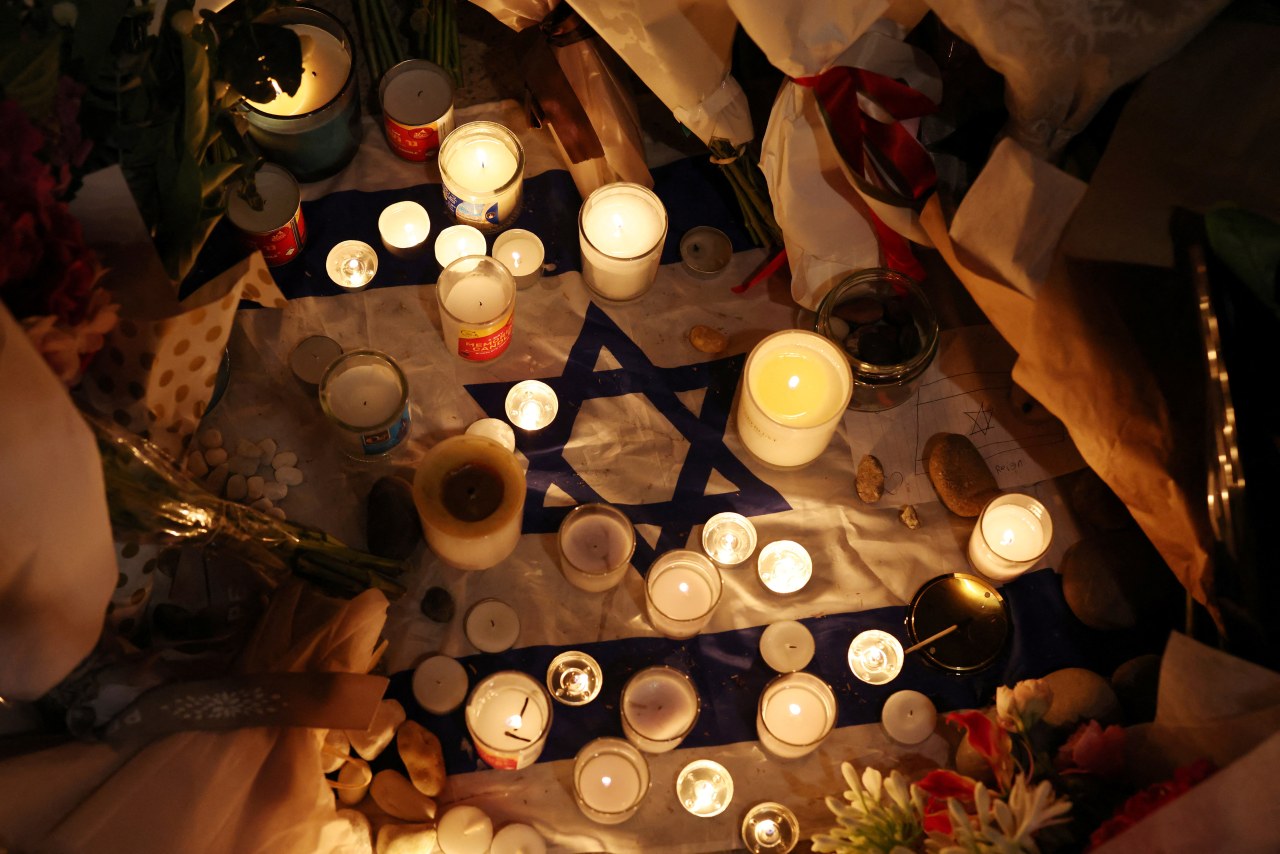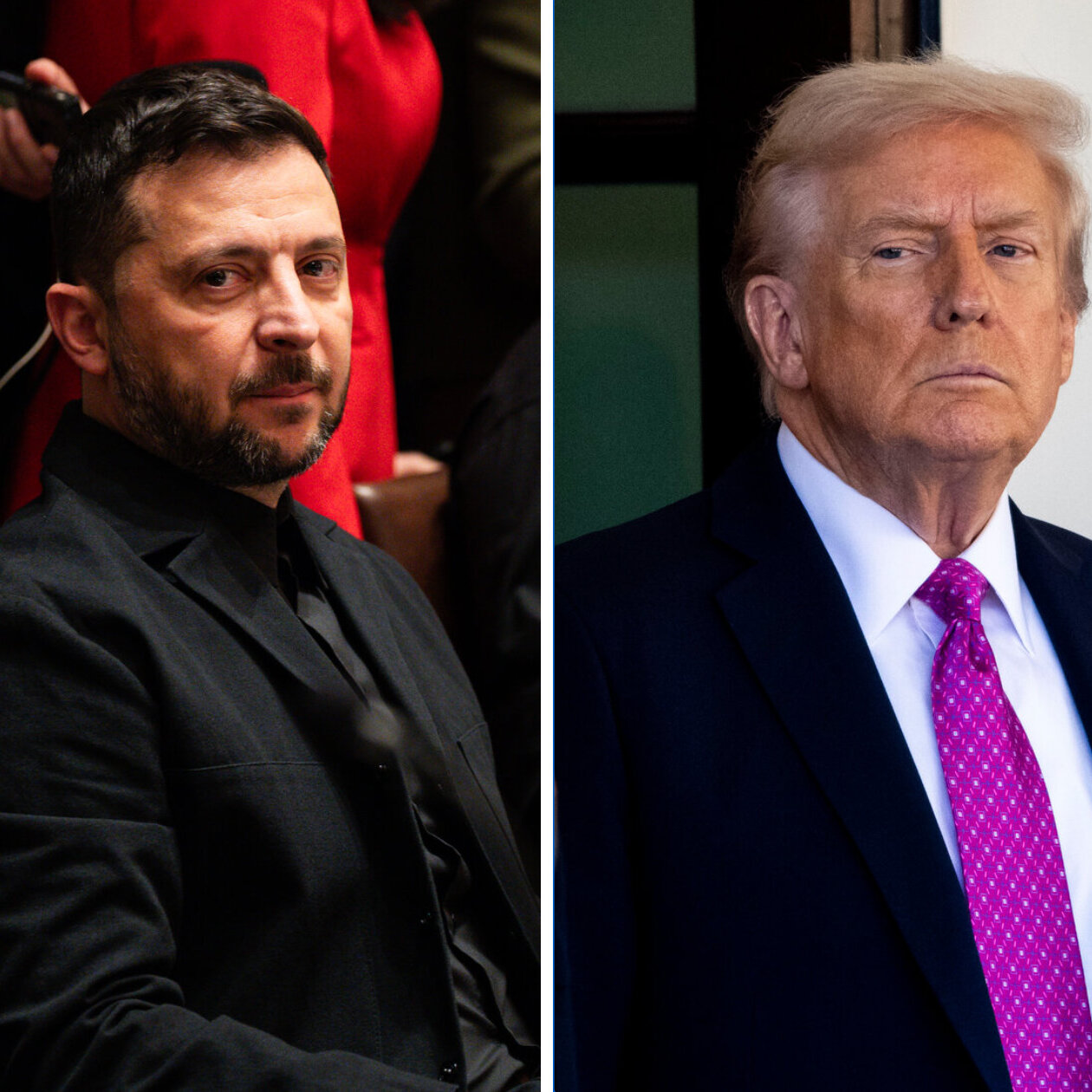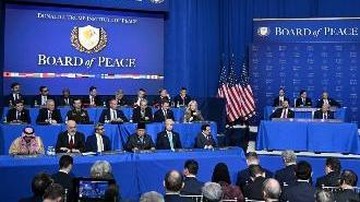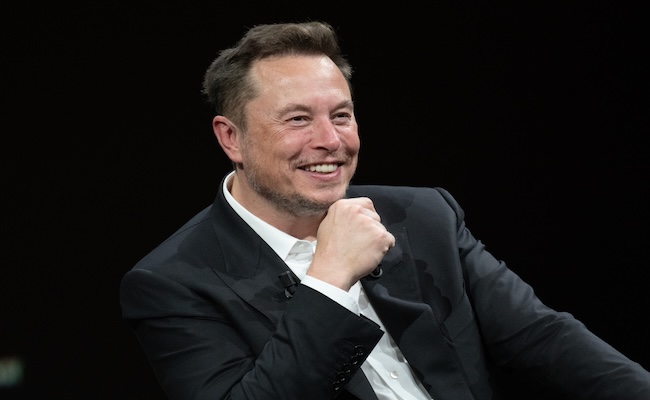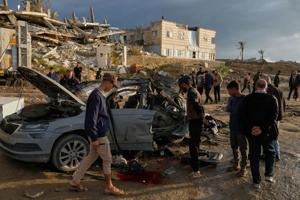President Donald Trump has announced a potential shift in U.S. nuclear policy, stating he has instructed the Department of War to begin testing nuclear weapons. This declaration came just before a high-stakes meeting with Chinese President Xi Jinping and has raised significant concerns among experts regarding its implications.
In a post on Truth Social, Trump emphasized the need for the testing due to advancements in other countries’ nuclear programs, stating, “That process will begin immediately.” His comments follow a longstanding global trend, as the last confirmed nuclear test was conducted by North Korea in 2017. Historical context reveals that India and Pakistan carried out tests in 1998, while China, the United States, and Russia last tested in 1996, 1992, and 1990, respectively.
Although the U.S. signed the Comprehensive Test Ban Treaty in 1996, it has never been ratified by the Senate. Nevertheless, the U.S. retains the ability to resume testing within 24 to 36 months following a presidential directive. Trump’s remarks appear partially influenced by Russia’s recent testing of the nuclear-powered Burevestnik missile, leading to questions about whether he intends to test actual nuclear weapons or just their delivery systems.
When pressed for clarification, both Trump and Vice President JD Vance refrained from providing detailed answers. Trump mentioned that announcements regarding testing would follow, while Vance stated, “We know that it does work properly, but you’ve got to keep on top of it over time and the president just wants to make sure that we do that.”
Experts note that the U.S. already conducts regular tests of its nuclear delivery systems, which include bombers, submarines, and intercontinental ballistic missiles. John Erath, senior policy director at the Center for Arms Control and Non-Proliferation, clarified that sub-critical tests ensure the functionality of nuclear weapons without triggering an actual explosion. He explained that these tests are overseen by the Department of Energy, not the Pentagon, as Trump suggested.
Erath added that while additional tests might not significantly alter the current landscape, countries like Russia and China would likely interpret such actions as provocative. Despite Trump’s assertion that the U.S. possesses the most nuclear weapons globally, this claim is inaccurate. According to estimates from the Federation of American Scientists, Russia leads with approximately 5,500 nuclear warheads, while the U.S. has around 5,200 and China has about 600, with rapid development underway.
Senator Jeanne Shaheen of New Hampshire criticized Trump’s call for nuclear testing as “very dangerous and reckless.” She highlighted the historical toll of nuclear testing on both Americans and the environment, emphasizing that this chapter in history should remain closed. Lyle Goldstein, director of Asia Studies at Defense Priorities, noted that the nuclear era is far from over, particularly with Russia’s recent advancements.
Goldstein described Trump’s announcement as a “natural consequence” of the evolving geopolitical landscape, which he views as a new Cold War. He expressed deep concern about the implications, asserting that the logic of nuclear rivalry could lead to devastating outcomes. Many experts agree that resuming nuclear tests could inadvertently enhance adversaries’ nuclear capabilities.
While addressing reporters aboard Air Force One, Trump expressed a desire for denuclearization, stating that discussions with Russia could also include China. Yet, both Russia and China have not publicly indicated any interest in pursuing such discussions. Goldstein asserted that both nations, particularly Moscow, are poised to resume nuclear testing if necessary.
The situation remains fluid, and the focus on nuclear capabilities underscores ongoing tensions in international relations. As developments unfold, the global community continues to monitor the implications of Trump’s statements and potential actions regarding nuclear weapons.

